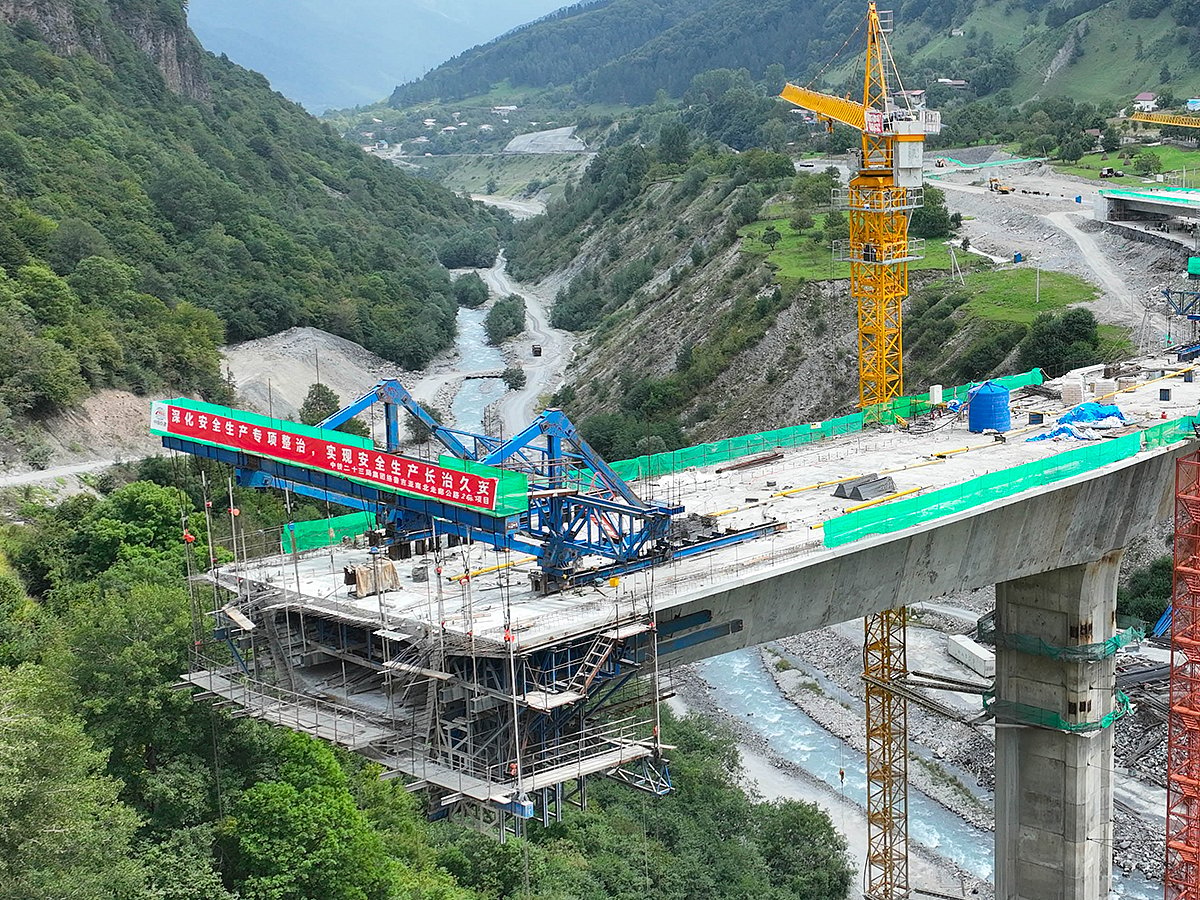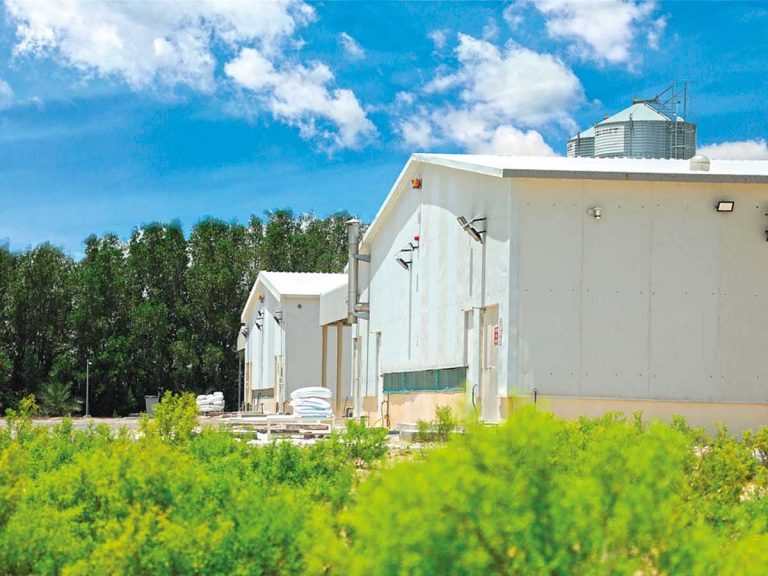Georgia’s Infrastructure Investments Drive Economic Growth
Georgia is making substantial progress in enhancing its infrastructure, positioning itself as a vital corridor for trade and energy. Recent developments, particularly in transportation and energy sectors, are attracting investments and paving the way for long-term economic growth.
Key Transportation Projects
One of the most significant achievements is the completion of the East-West Highway, which connects Europe and Asia. The recently opened Ubisa-Shorapani section, funded by the European Investment Bank and EU grants, has improved domestic travel and trade efficiency. Additionally, the Asian Development Bank is set to finance the remaining 11 kilometers of the highway, linking the Batumi bypass to the Sarpi border crossing with Turkey. This upgrade aims to meet European standards and enhance Georgia’s status as a regional transit hub.
The Kakheti region is also benefiting from substantial transport improvements through the Kakheti Connectivity Improvement Project, supported by the World Bank. This initiative aims to strengthen connections between agricultural areas, including wine-producing regions, and the capital, Tbilisi.
Energy Infrastructure Development
Georgia’s investments extend beyond transportation. The ESPIRE program is focused on enhancing power transmission infrastructure and developing a submarine cable project under the Black Sea. This initiative aims to improve energy interconnections with Southeast Europe, positioning Georgia as a key player in the energy transit market.
Increased Municipal Investments
In addition to transportation and energy projects, the Georgian government is significantly increasing funding for municipal infrastructure. The latest state budget allocates more than double the amount for infrastructure spending in 2025 compared to 2024. This funding will support projects related to expressways, water supply, sewage systems, educational facilities, and tourism infrastructure.
FAQs
What are the main benefits of the East-West Highway?
The East-West Highway enhances trade efficiency, improves domestic travel, and positions Georgia as a key transit hub between Europe and Asia.
How is Georgia improving its energy infrastructure?
Georgia is advancing its energy infrastructure through the ESPIRE program, which includes a submarine cable project to enhance energy connections with Southeast Europe.
What areas are receiving increased funding in Georgia’s budget?
The 2025 budget significantly boosts funding for expressways, water supply, sewage systems, schools, and tourism-related projects.
Conclusion
Georgia’s strategic investments in infrastructure are set to bolster its economic landscape significantly. With ongoing projects in transportation and energy, the country is not only enhancing its connectivity but also preparing for future growth. Continued focus on infrastructure will be essential for sustaining this momentum.
The strategic location of Georgia at the crossroads of Europe and Asia has historically made it an important transit route. The country’s infrastructure improvements are not only aimed at enhancing domestic connectivity but also at facilitating international trade. As global supply chains evolve, Georgia’s investments in roads, railways, and ports are expected to attract more foreign direct investment, particularly in logistics and transportation sectors. This could lead to increased economic activity and job creation, further solidifying Georgia’s role as a regional hub.
Moreover, the focus on energy infrastructure is critical for Georgia’s energy security and sustainability. By investing in projects like the ESPIRE program, the country aims to diversify its energy sources and reduce reliance on any single supplier. The development of renewable energy sources, such as hydropower, is also a priority, given Georgia’s abundant natural resources. This shift not only supports domestic energy needs but also positions Georgia as an exporter of energy to neighboring countries, enhancing regional energy stability.
The increased municipal investments reflect a broader commitment to improving the quality of life for Georgian citizens. By upgrading essential services such as water supply and sewage systems, the government aims to address long-standing infrastructure challenges that have hindered urban development. Additionally, investments in educational facilities and tourism infrastructure are expected to promote human capital development and attract international visitors, contributing to a more diversified economy. As these projects unfold, they will likely play a crucial role in shaping Georgia’s future economic landscape.
Also Read:
UAE and Georgia Strengthen Economic Ties and Investments
UAE’s $6 Billion Investment Boosts Georgia’s Economy







